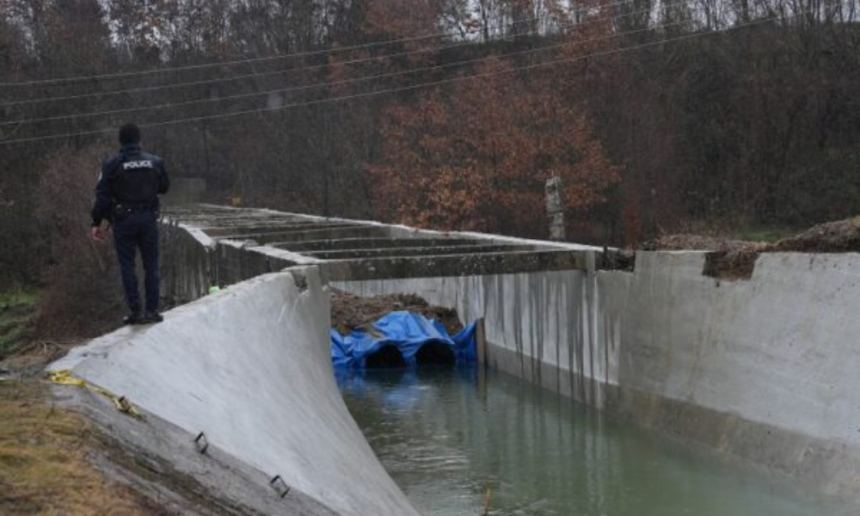The Ministry of Foreign Affairs and Diaspora (MPJD) of Kosovo has issued a report detailing its “preliminary findings” regarding the recent bombing of the Ibër-Lepenc canal, an essential water supply channel serving Kosovo’s two major power plants. The attack, which significantly damaged critical infrastructure, has been linked to ongoing Serbian efforts to destabilize Kosovo and disrupt its sovereignty.
In its statement, the MPJD stressed that intelligence shared with Kosovo’s allies indicates that Serbia continues to pursue an aggressive strategy, utilizing all available resources, including connections to organized crime, to create unrest and destabilization within Kosovo. Kosovo’s foreign ministry highlighted that Serbia is training and deploying terrorist groups, similar to tactics used by Iran, for conducting acts of terror near the Kosovo border.
“These terrorists operate within Serbia near the Kosovo border, aiming to carry out attacks in Kosovo,” the document states. “Serbia not only consistently violates Kosovo’s sovereignty, but it also poses a threat to regional peace. It remains closely aligned with powers like Russia that seek to provoke and test the West, particularly NATO and the EU, by attacking non-NATO member states in the Balkans.”
The MPJD also drew parallels between the Ibër-Lepenc attack and the ongoing warfare strategies used by Russia, adapting them to the regional context. The ministry warned that this attack, despite the presence of NATO forces in Kosovo, is a clear test for the West. Kosovo officials suggest that if Serbia is not deterred by Western powers, similar actions may occur in other countries or regions.
“This is a new strategy for Serbia,” the ministry added. “This large-scale attack near Zubin Potok used approximately 20 kilograms of explosives to severely damage the Ibër-Lepenc canal, affecting the vital water supply system. The destruction left tens of thousands of citizens without access to drinking water, threatening Kosovo’s national security and daily life.”
The report also pointed to the dependency of Kosovo’s power plants on the Ibër-Lepenc canal for cooling and electricity generation, underscoring the severe impact on Kosovo’s energy and water supply infrastructure. MPJD stressed that key regions, including Mitrovica, Zveçan, Vushtrria, and Prishtina, were severely affected by water shortages and power disruptions, impacting hundreds of thousands of citizens.
The Kosovo Ministry of Foreign Affairs demanded that Serbia be held accountable for these attacks, which it equates to tactics used by Russia in Ukraine—targeting critical civilian infrastructure. Kosovo has called for a strong condemnation of Serbia’s actions and the imposition of sanctions, urging international bodies to hold Serbia directly responsible for harboring and supporting terrorist groups.
“Kosovo urges its allies to take decisive steps to ensure accountability, preventing Serbia and Russia from further escalating the political and military situation,” the document concludes.







